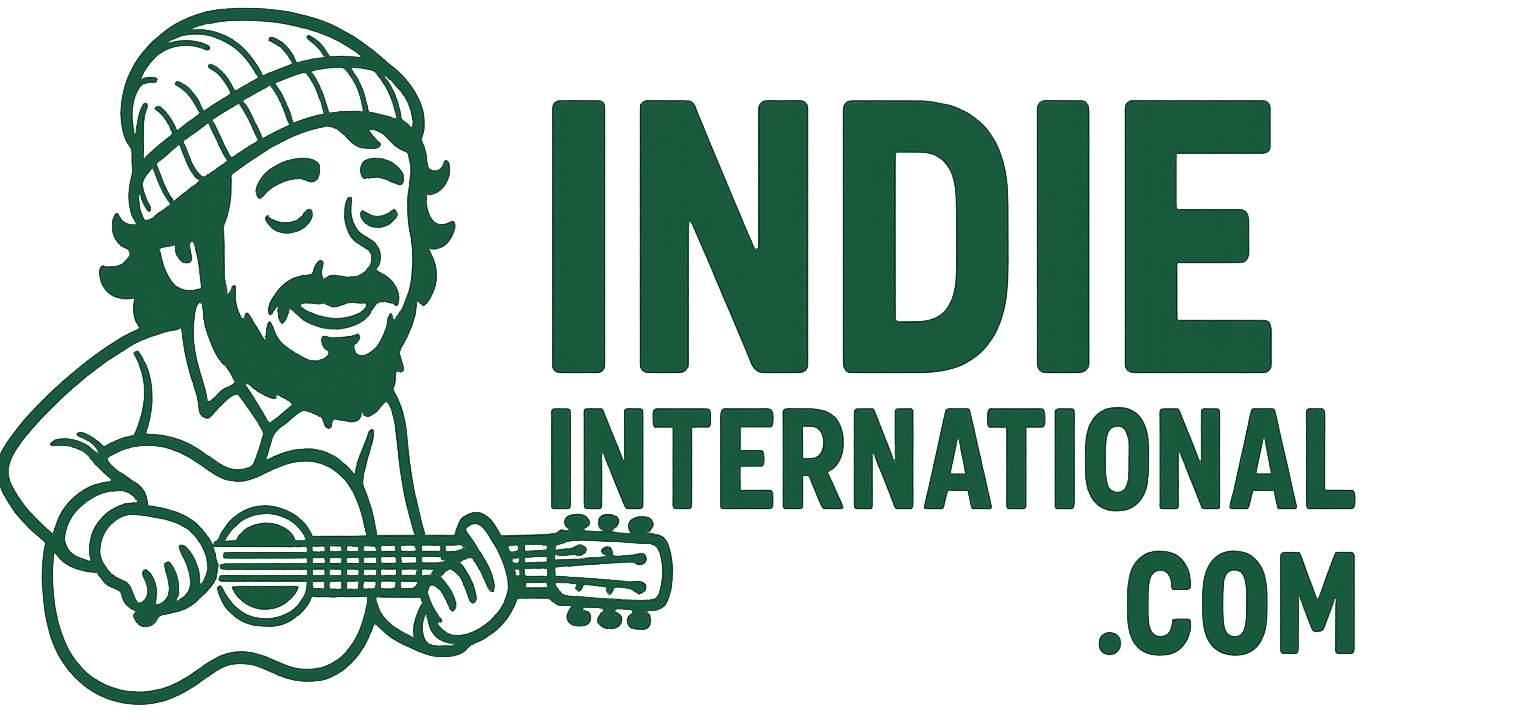I’ve written songs I’m proud of, songs I’ve shared with friends and fans, and songs I keep tucked away for myself. But then there’s one track that sits in its own special category , My Worst Song Ever. It’s not the kind of “bad” that comes from sloppy production or rushed lyrics alone. It’s bad in a way that’s hard to explain, the sort of bad that makes you cringe and laugh at the same time. And yet, I wouldn’t erase it from my catalog for anything.
That song taught me things I couldn’t have learned from success alone. It forced me to see my creative process in a new light and reminded me that sometimes the messiest creations carry the deepest lessons.
How The Song Happened
The day I wrote My Worst Song Ever wasn’t meant to produce a masterpiece. I sat down with my guitar because I had a rare free afternoon and figured I’d just mess around with some ideas. No pressure, no expectations. I landed on a clumsy chord progression that I couldn’t quite play cleanly, but instead of fixing it, I just kept going.
Then came the lyrics. I remember jotting down the first line and thinking it was ridiculous, but I didn’t stop. I piled on cliché after cliché, leaning into every overused rhyme I could think of. The melody wandered aimlessly, the rhythm was inconsistent, and by the time I got to the chorus, I had created something that sounded like it was parodying my own style.
The funny part? I finished it in record time. From the first chord to the last line, the whole thing took less than an hour. That in itself was a red flag , my best songs usually take days or weeks to shape.
The First Playback
Hearing My Worst Song Ever played back for the first time was a surreal experience. It was like listening to a strange mash-up of every songwriting mistake I’d ever been told to avoid. The verses were too long, the bridge didn’t match the rest of the song, and the chorus didn’t feel like a chorus at all.
I laughed so hard I nearly fell off my chair. It wasn’t just bad , it was spectacularly bad. But in that laughter, I realized something important: I wasn’t taking myself too seriously. That was a relief. Sometimes, in the pursuit of making great music, I get so wrapped up in self-imposed standards that I forget music is supposed to be fun.
Why I Didn’t Delete It
I could have deleted the file immediately, pretended it never happened, and moved on. But I didn’t. Something about the song fascinated me. I listened to it again a few days later, and instead of feeling embarrassed, I felt oddly proud.
That’s when I understood why I couldn’t throw it away. My Worst Song Ever was proof that I had the freedom to fail. It showed me that not every writing session needs to produce something polished or even listenable. Creativity is messy, and if you’re only willing to keep the good stuff, you miss out on the strange, imperfect moments that make the process rich.
Lessons From A Musical Disaster
Looking back, My Worst Song Ever gave me more insight than some of my more “successful” work. Here’s what it taught me.
Perfectionism Is The Enemy Of Growth
If I had tried to make that song perfect, it would have turned into something else entirely. By letting it exist in its flawed state, I saw exactly where my habits and weak spots were. I realized I leaned on certain chord shapes too often, that I defaulted to predictable rhyme patterns, and that my melodies could wander when I wasn’t focused.
That kind of self-awareness is hard to get when you’re always polishing every track to the point of losing its original character.
Bad Songs Are Just Steps Toward Good Songs
I’ve heard other musicians say you have to write a lot of bad songs to get to the good ones. My Worst Song Ever is living proof. The week after I wrote it, I ended up writing two songs I still consider among my best. Part of me thinks it’s because I had gotten all the “junk” ideas out of my system, clearing the way for better material to flow in.
Humor Can Be A Creative Tool
I didn’t realize it while writing, but that song’s ridiculousness made me more open to experimenting. In later projects, I found myself taking more risks with lyrics, rhythms, and arrangements. I’d remember how fun it was to just let go and not care whether the end result made sense. Humor has a way of freeing your mind from the fear of failure.
The Unexpected Fan Reaction
I never intended for anyone to hear My Worst Song Ever, but one day a friend dropped by my studio while I was going through old demos. I hesitated, then played it for them. They laughed as hard as I did and told me I had to share it with a few more people.
That small audience grew as word got around. Before I knew it, the song became a kind of inside joke among my friends and followers. People started requesting it at gatherings. They weren’t asking because it was a great piece of music , they wanted to share the joy and silliness it brought.
Seeing The Value Beyond Quality
What I learned from that reaction is that music doesn’t always have to be “good” to be valuable. My Worst Song Ever wasn’t winning any awards, but it was bringing people together, making them laugh, and reminding them that not everything has to be polished to be meaningful.
That’s when I started thinking about my songs in a new way. Instead of only measuring success by technical quality, I began considering emotional impact. Sometimes the impact is joy, sometimes it’s connection, and sometimes it’s just the relief of not taking yourself too seriously.
Letting Go Of Ego
Before this song, I was hesitant to share anything that didn’t represent my best work. I worried about how people would judge me. But sharing My Worst Song Ever stripped away some of that fear.
I realized my ego had been limiting my creativity. Once I stopped trying to protect my image as a songwriter, I started writing more freely. I explored ideas I might have dismissed before, knowing that even if they turned out badly, they could still be worth something.
Turning A Weakness Into A Strength
One surprising thing happened after this song circulated among my friends: people started challenging me to write intentionally bad songs. It became a creative exercise. I’d exaggerate clichés, force awkward rhymes, and push melodies into strange territory.
Oddly enough, these exercises often led to strong songs later on. By breaking all the “rules” in a playful way, I discovered new ideas I could adapt into my serious work. My Worst Song Ever had opened a door I didn’t even know existed.
The Importance Of Finishing
Another lesson the song taught me was the value of finishing, no matter how bad something feels. If I had abandoned it halfway through, I wouldn’t have learned any of these lessons.
Finishing forced me to confront the full result of my creative choices. It also gave me a tangible reminder that not every project has to be destined for release. Sometimes the act of completion is the only real goal.
Why I Love It
At this point, I can say without hesitation that I love My Worst Song Ever. Not because it’s musically brilliant , it’s not. I love it because it’s real. It’s unfiltered, unpretentious, and completely free of the pressure to be anything other than what it is.
It reminds me that the joy of songwriting isn’t just in crafting masterpieces. It’s also in the accidents, the experiments, and the moments where you surprise yourself , even if that surprise comes in the form of a spectacular disaster.
Final Thoughts
If I could give any advice to other songwriters based on My Worst Song Ever, it would be this: don’t be afraid of writing something terrible. The fear of failure is often the biggest obstacle to creativity. When you give yourself permission to fail, you open yourself up to unexpected breakthroughs.
That song still makes me laugh, but it also makes me grateful. It’s proof that even the worst piece in your catalog can teach you something valuable, connect you with others, and remind you why you started making music in the first place.

